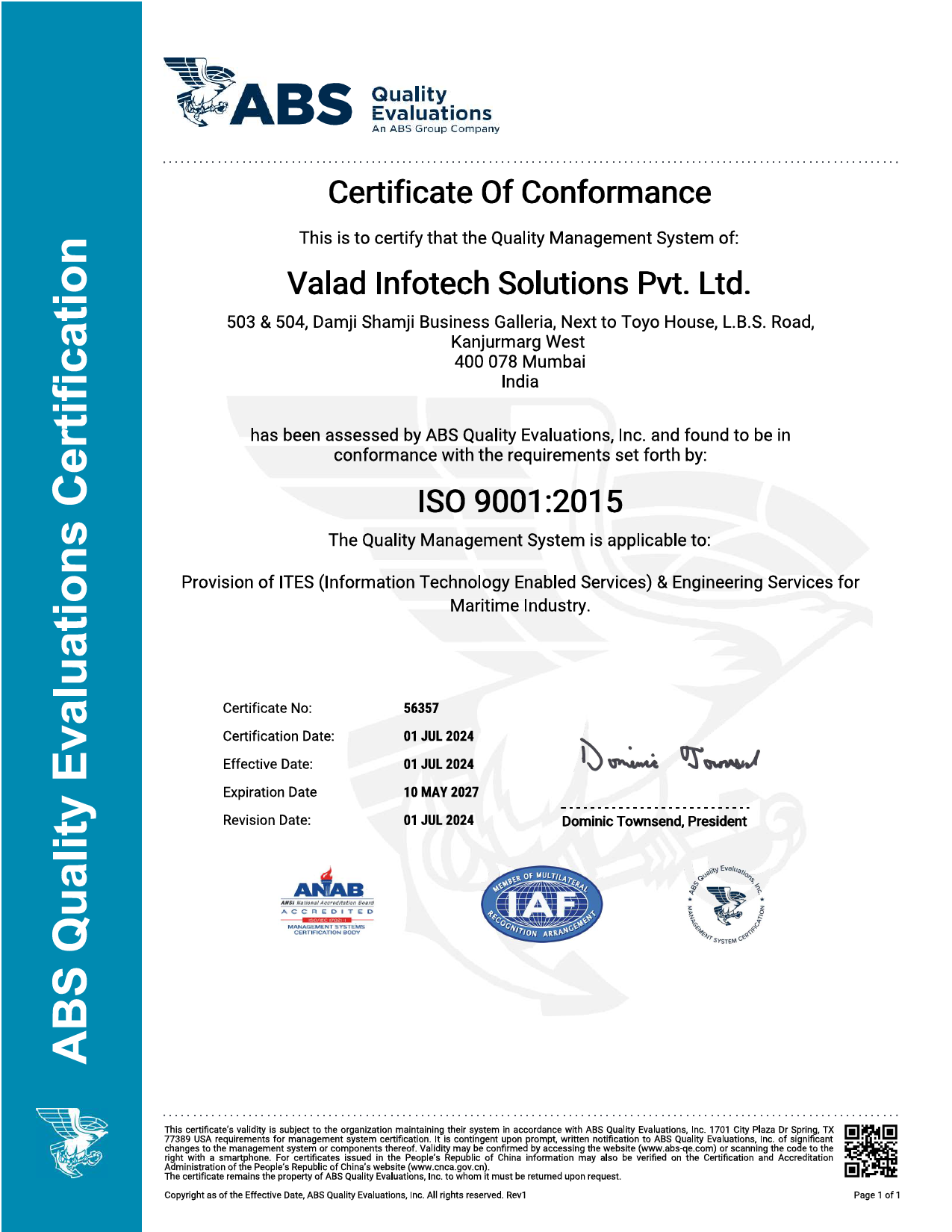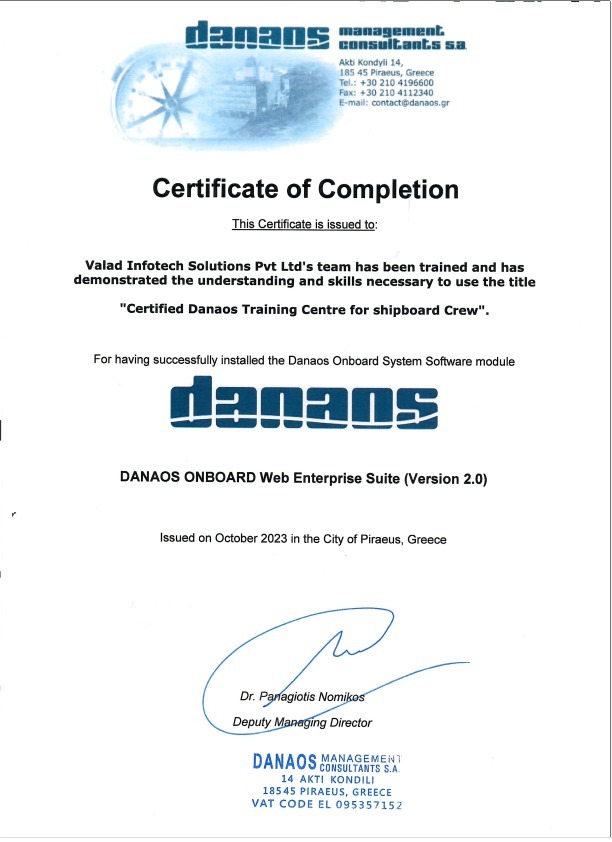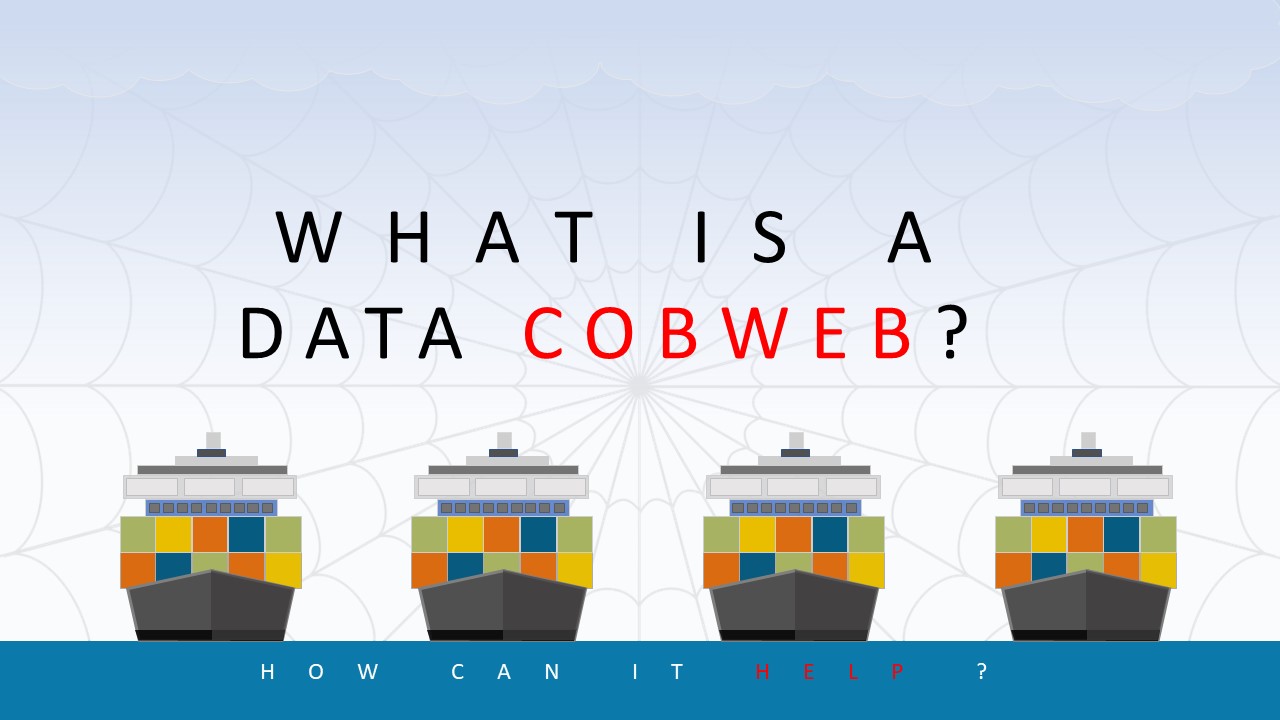
We all have studied the techniques of maintaining a Database at some stage. We have discussed with our colleagues this tedious task day in & day out. We’ve had similar debates about Vessel wise Database vs Global Database. However, these insights are lost in the very Group Discussions & hence we go for a universal rule:
Get back to work doing the task again & again
…..till we find a problem.
Most times, we find this issue only when the situation is out of hand.
Coming back to the topic & asking ourselves the question.
What is a Data CobWeb?
Like a Spider’s net, with one common point. Data Cobweb can be described as a one-point common library for all your Databases.
So, Database Centralization?
……. YES !
Allow us to quantify the facts for you!
Our team has been fortunate to have conducted 50+ interviews with top shipping & PMS software companies to help us have streamlined our take on the above topic.
Refer to the below pictures for a better understanding.
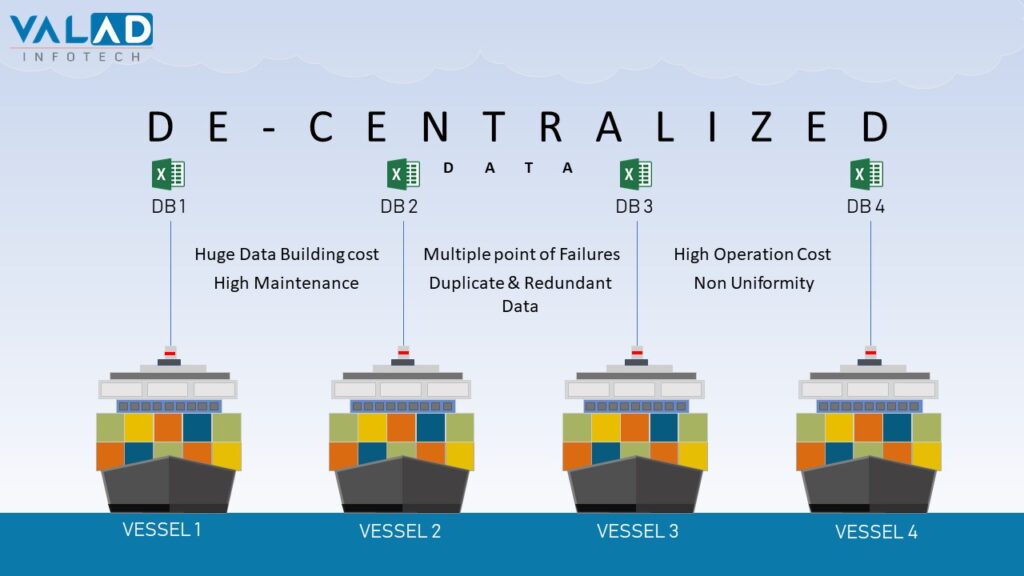
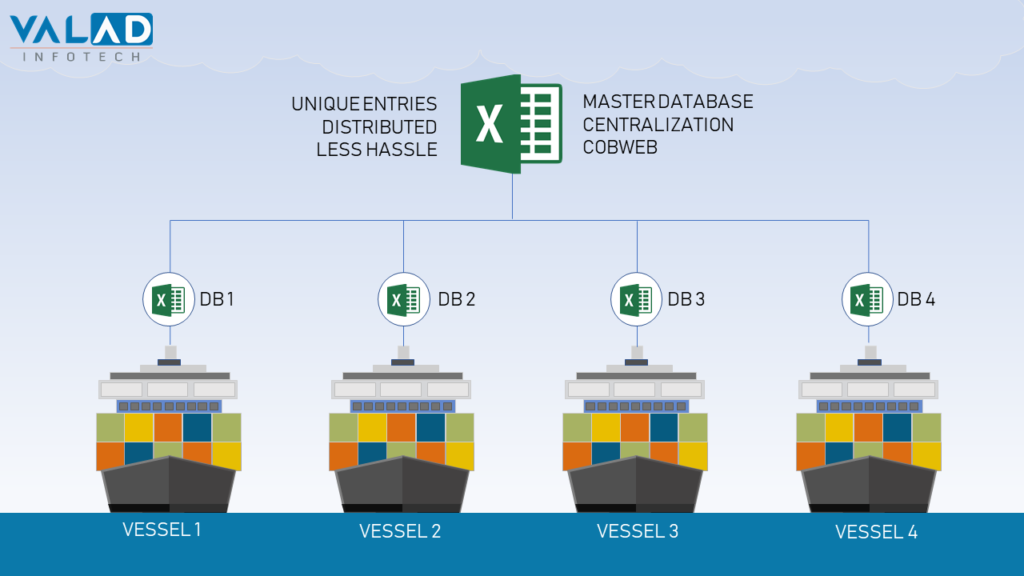
Needless to say, the difference between both of them is massive.
More so, to justify why De-Centralized DB is a hassle of an experience, we would attempt to show some insights that would influence your view in a broader fashion.
Here, is the quick collaborative outline for root causes we think are of prime importance:
- Volume– Depth of Data
- Velocity– Speed of data built
- Variety– Variance in Data
- Veracity– Trustworthiness.
The Last Lap:-
–Volume: Depth of Data.
As we start building the Vessel database, it starts with a small volume but with time and usage, the depth of the database drastically increases. The one which initially only included Data captured from OEM manuals now also includes various other modules in the database. Apart from PMS and Stock Items, these modules would range from Crewing database to Accounting to procurement.
Some organizations also include their various Trading Certificates, Class certificates in the databases.
A Centralized database gives a chance to include the whole fleet of vessels data into one common central library.
– Velocity: Speed of data built
If we take Speedy building of databases into consideration; In the case of Vessel wise database, we have to construct and capture the data from scratch, whereas in the case of a Centralized database, we need not capture the data again as the data captured earlier is already present in the central library. All that needs to be done is, just select the matching equipment and distribute the data from one vessel to another vessel equipment-wise. Which will eventually result in building a database in lesser time.
–Variety- Variance in Data
In centralized database construction, “Data Variance” could be a deciding factor, wherein if in a vessels database there are 12000 odd spares and similar count with same makers and built yards is present on the other vessel (Say Sister’s vessel) and both databases are being separately managed, it becomes a tricky task. Whereas in the case of centralized databases this “Variance data” factor can be taken into consideration at the initial stage of constructing a database and only not matching equipment data will be captured and the rest can be distributed from the Original vessel.
This effect can be large in a fleet with about 20 vessels i.e. 20 different or same Databases, and how about 100 vessels i.e. 100 Databases.
A centralized database gives owners a good way to track everything on one single platform.
–Veracity- Trustworthiness.
Building trust on a centralized database can be a fruitful decision if taken at right time. In the long run, a Centralized database gives an advantage over de-centralized databases. A centralized database will not have Duplicate Spares, maintenances, components, attachments, etc. Tracking of various requisitions becomes easier as everything can be monitored at one single location. The icing on the cake would be if your centralized database is Cloud or web-based, as the database can be accessed from any platform, be it on Mobile or at any other medium available.
…………and the final report:
There are Pros & Cons to both of the mentioned approaches.
Some works are better for one company while the other works are better for the second.
One should understand the purpose they want to achieve.
What are your thoughts?
Ask yourself this question.
You have a Vessel Database, how much percent of the database is useful?
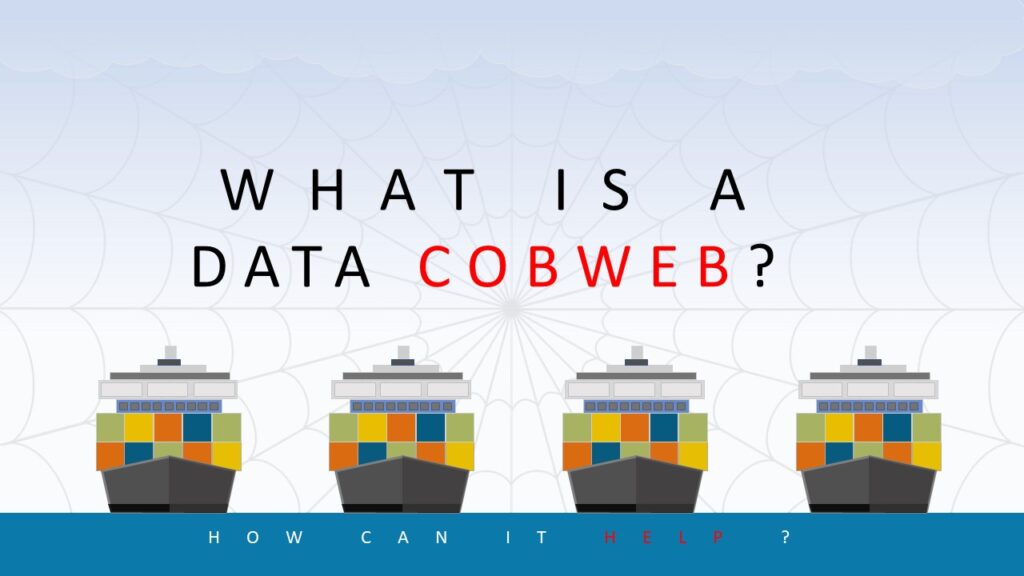
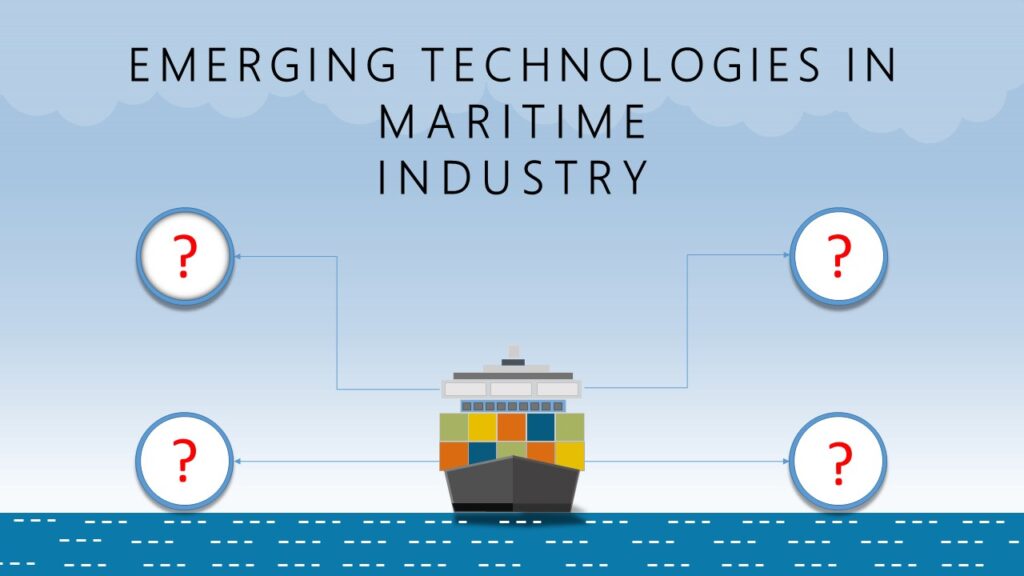



 AGM – Operations
AGM – Operations
